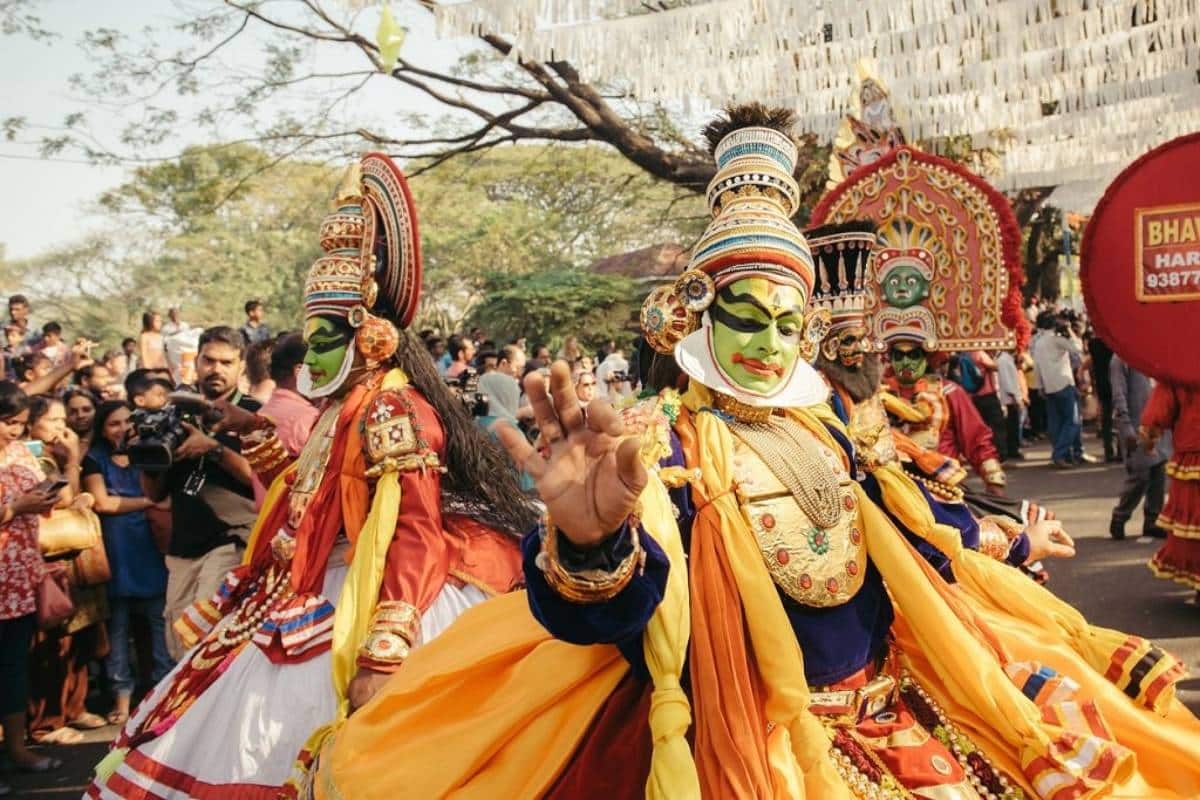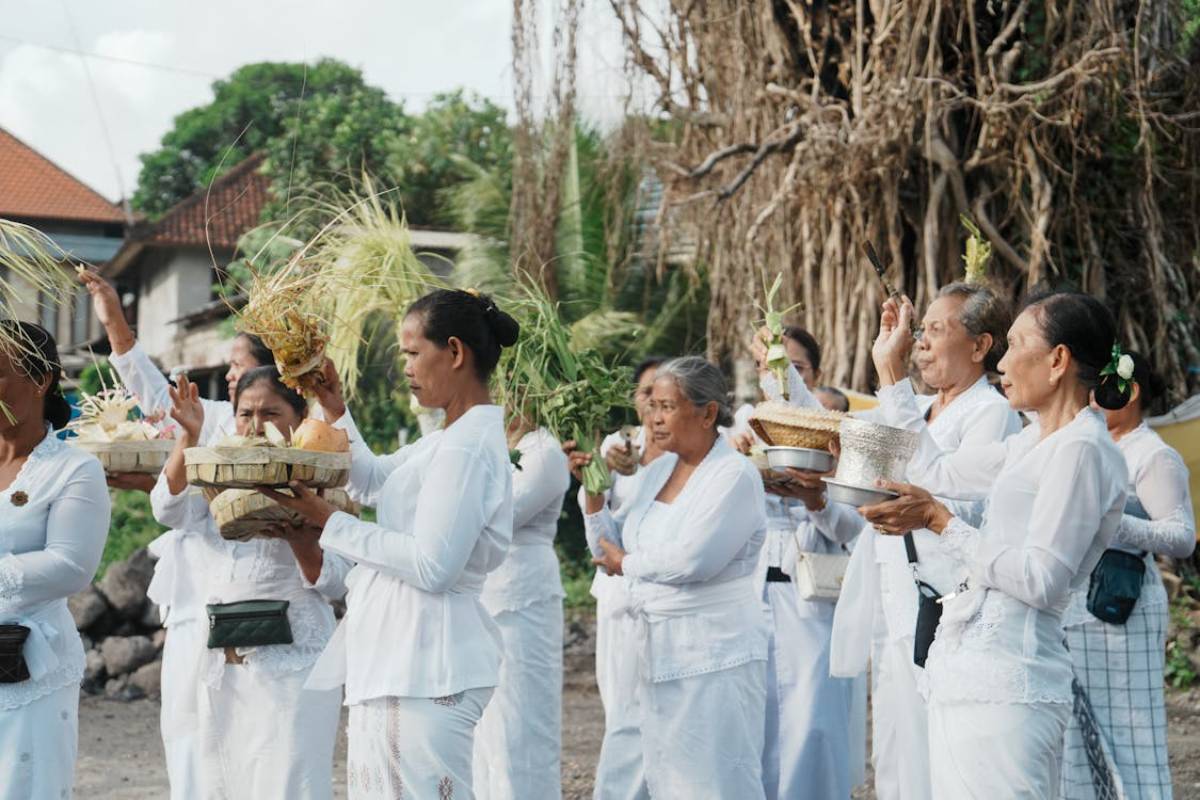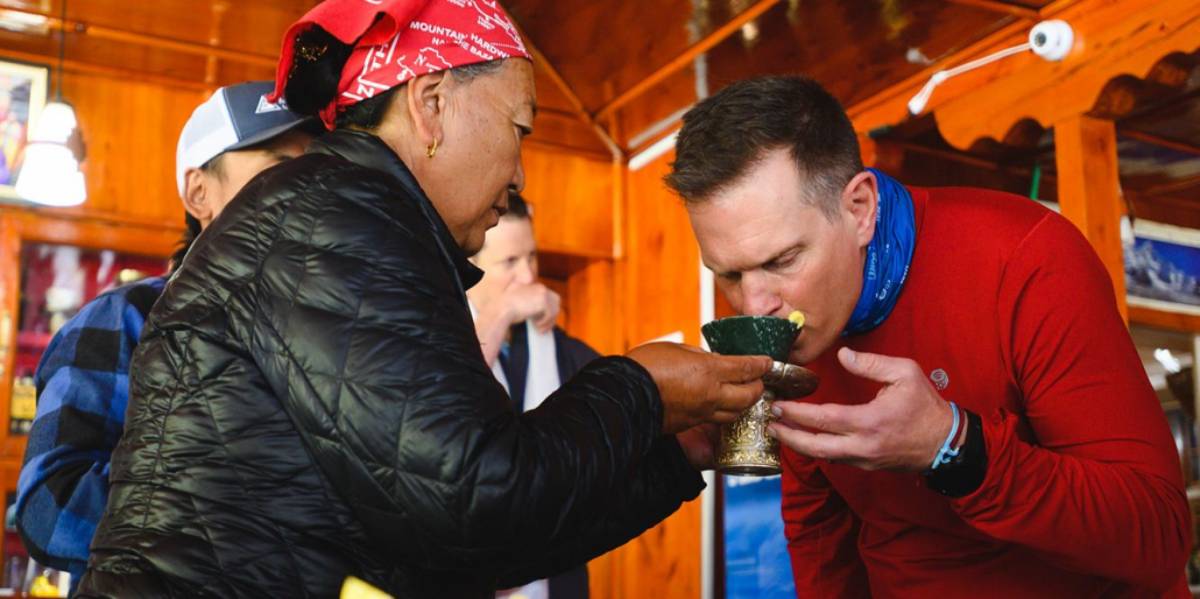
How to Respect Local Customs During Cultural Celebrations
Travelling to new places offers the chance to experience different cultures and traditions. One of the most enriching ways to engage with culture is by participating in local celebrations and festivals. However, it’s essential to approach these experiences with sensitivity and respect. Knowing and respecting local customs helps the community welcome and value your involvement.
This guide offers simple steps to respect cultural traditions. It helps you avoid common mistakes and improve your travel experience during local celebrations.
Pro Tip:
If you’re unsure about the rules for sacred spaces or ceremonies, observe the behaviour of locals or look for signs. It’s a simple way to avoid making unintentional mistakes.
Quick Guide:
- Research Before You Go: Understand the festival’s significance, the dress code, and the customs to follow.
- Engage Respectfully: Observe, ask for permission, and take part with sincerity.
- Respect Sacred Spaces: Remove shoes, keep quiet, and follow local guidelines.
- Photography: Always seek permission before taking photos, especially during rituals or sacred moments.
- Express Gratitude: Use local language to say thank you and leave positive feedback to show appreciation.
Important:
When participating in local customs, always ask for permission if you’re unsure. It’s a respectful way to ensure you’re involved appropriately without offending anyone.
1. Do Your Homework Before You Go
Why It Matters
Before attending a festival or cultural event, learn about its significance. Knowing why we celebrate adds to your experience. It also helps you respect local customs.
What to Research
- Purpose of the Festival: Determine whether the event is religious, historical, or seasonal. Understanding the context allows you to behave appropriately.
- Dos and Don’ts: Look for guidelines on behaviour, speech, and gestures. Some actions that feel harmless to you could seem disrespectful in a different culture.
- Dress Code: Festivals may have specific clothing requirements, especially during religious events. Research what is considered appropriate, and err on the side of modesty if unsure.
How to Prepare
- Read blogs, travel guides, and official websites about the event.
- Join forums or groups where travellers and locals discuss the festival.
- Watch videos or documentaries to get a visual sense of the event’s traditions.
2. Dress Appropriately for the Occasion

Why Dress Code Matters
Clothing often reflects cultural values, and dressing appropriately signifies respect. Dressing inappropriately may show a lack of respect for local customs. This is especially true during religious or formal events.
General Guidelines
- Religious Festivals: Cover your shoulders, arms, and legs. In many cultures, modesty is expected in places of worship.
- Traditional Events: If invited, consider wearing traditional garments or accessories. Locals often appreciate this gesture of respect and appreciation.
- Avoid Flashy or Offensive Clothing: Bright, revealing, or insensitive clothing can upset others. When in doubt, observe what locals wear and follow suit.
Pro Tip:
If you’re unsure, bring a lightweight scarf or shawl to cover up when needed. It’s a simple way to ensure you remain respectful without overpacking.
3. Follow Local Traditions and Rituals
Why Participation Matters
Whether you’re joining a sacred procession or splashing colours during Holi, engage with enthusiasm and reverence.
Engaging in cultural traditions can be a beautiful way to connect with a community. However, it’s essential to participate with respect and understanding.
How to Engage Properly
- Observe First: Spend some time watching how locals engage in the ceremony or activity. Understanding the rhythm and flow helps you join in naturally.
- Ask for Permission: Some rituals may be restricted to locals or certain groups. Always ask before participating to ensure your involvement is appropriate.
- Participate with Intention: If you’re invited to take part, do so with sincerity and an open heart. Avoid treating traditions as mere entertainment.
4. Learn Basic Local Phrases
Why Language Matters
Even a few simple words can show locals that you’re making an effort to connect with their culture. Language fosters understanding and builds rapport.
Essential Phrases to Learn
- Greetings and Farewells: “Hello,” “Goodbye,” and “Thank you.”
- Asking for Permission: “May I?” or “Is it okay?”
- Expressing Gratitude: “Thank you very much” or “I appreciate it.”
Pro Tip:
If you have trouble with pronunciation, keep a small phrasebook or use a translation app to help.
5. Respect Sacred Spaces and Practices
Why Sacred Sites Demand Care
Many festivals take place in religious or culturally significant locations. Being mindful of these spaces shows reverence and avoids unintended disrespect.
Important Guidelines
- Take Off Your Shoes: It’s polite to leave your shoes at the entrance of temples, mosques, and other holy places.
- Keep Your Voice Low: Stay quiet and respectful when others pray or meditate.
- Limit Photography: Always ask before taking photos. Avoid capturing images during prayers or rituals.
Pro Tip:
If you’re unsure about the rules, look for signs or follow the behaviour of locals.
6. Ask Before Taking Photos
Why Consent Matters
Capturing memories is a key part of travel. However, photographing people or sacred moments without permission can be intrusive and disrespectful.
Best Practices for Photography
- Seek Permission: Politely ask before photographing people or rituals.
- Be Mindful of Context: Some moments are too sacred to be captured.
- Respect Privacy: If someone declines, honour their wishes.
Pro Tip:
If you’re unsure, put the camera down and experience the moment through your eyes instead of your lens.
7. Avoid Cultural Appropriation
What Is Cultural Appropriation?
Cultural appropriation happens when someone takes parts of another culture without respecting their meaning or value. While appreciation fosters respect, appropriation often reduces traditions to superficial trends.
How to Avoid It
- Know the Meaning: Learn what they mean before you wear traditional clothes or take part in rituals.
- Ask for Guidance: Seek advice from locals about appropriate participation.
- Avoid Stereotypes: Never reduce a culture to clichés or mock sacred traditions.
8. Be Open to Learning and Listening
Why Humility Matters
Approaching cultural celebrations with curiosity and respect opens doors to deeper connections. Listening and learning from locals enriches your understanding.
How to Engage Respectfully
- Ask Questions Politely: If something is unfamiliar, ask with genuine curiosity, not judgment.
- Adapt to Local Norms: Customs may differ from yours—embrace them with an open heart.
9. Practice Responsible Tourism
Why Your Impact Matters
A respectful traveller leaves a positive mark on the environment and the local community.
Ways to Contribute
- Support Local Businesses: Purchase handmade crafts and support local vendors.
- Respect the Environment: Dispose of waste properly and avoid disturbing natural habitats.
- Be Conscious of Your Behavior: Your actions influence future visitors’ experiences.
10. Express Gratitude and Appreciation

Why Gratitude Matters
A simple “thank you” can go a long way in showing appreciation for the community’s hospitality.
Ways to Show Thanks
- Verbal Gratitude: Use the local language when expressing thanks.
- Positive Reviews: Leave encouraging feedback for local guides or hosts.
- Respectful Storytelling: Share your experiences with sensitivity and respect.
Frequently Asked Questions (FAQs)
1. Is it okay to wear traditional attire during cultural festivals?
Yes, but ensure that you understand the significance of the clothing. If invited to wear traditional garments, do so respectfully. Avoid treating it as a costume.
2. What should I do if I don’t know the customs?
When in doubt, observe locals and ask for guidance. It’s better to ask questions than risk offending someone unintentionally.
3. Can I take photos of religious ceremonies?
It depends on the context. Always ask for permission, and if photography is prohibited or feels intrusive, refrain from taking pictures.
4. How do I know if I’m engaging in cultural appropriation?
If you’re unsure, ask a local guide. Respecting the meaning behind traditions prevents crossing the line between appreciation and appropriation.
5. What’s the best way to show appreciation after a festival?
Express gratitude directly, leave positive reviews, and share your experiences thoughtfully. A kind word goes a long way.
Final Thoughts: Celebrate with Respect and Joy
Joining cultural celebrations helps you learn more about the world. Respecting local customs and being careful in your actions can improve your journey. It also helps the communities you visit. Use these tips, celebrate openly, and create meaningful connections during your travels.
So, the next time you immerse yourself in a local unique festival, remember these tips, embrace the spirit of the celebration, and enjoy every moment with an open heart.


